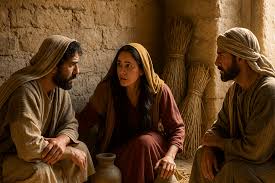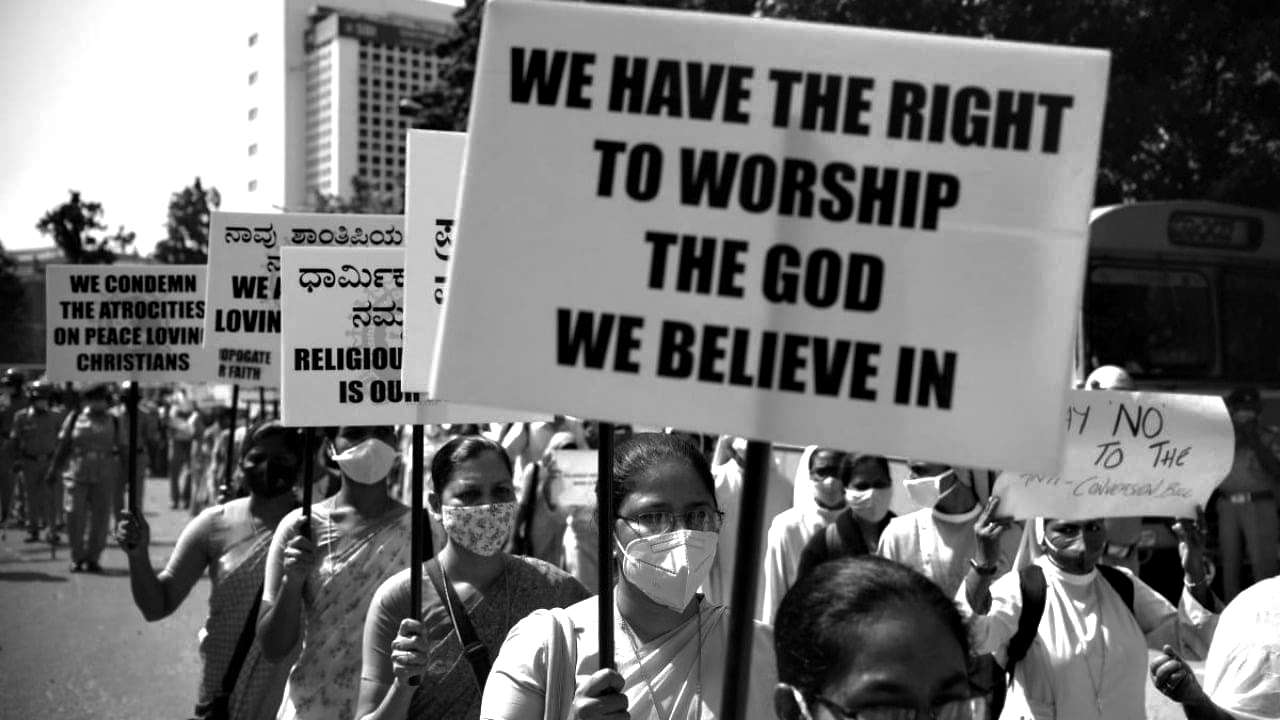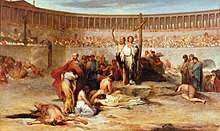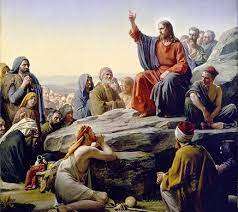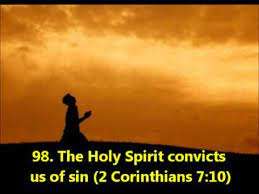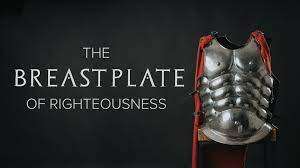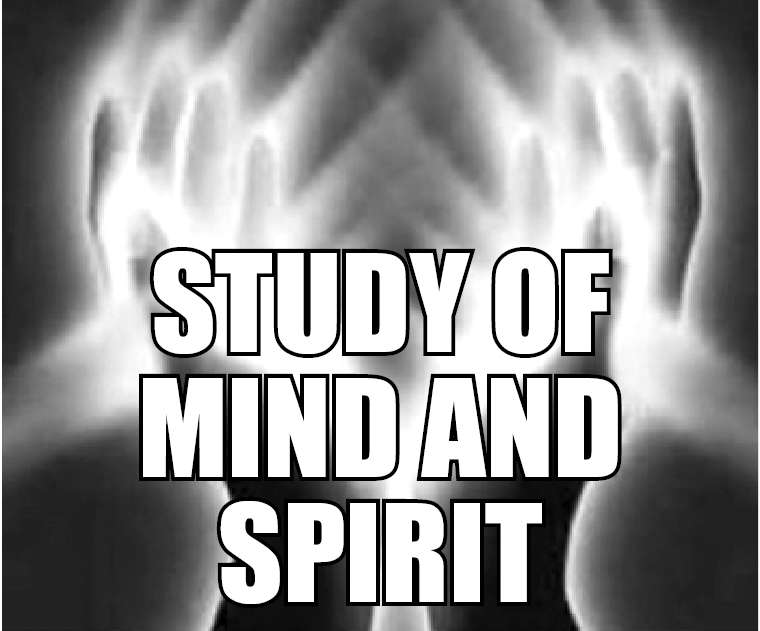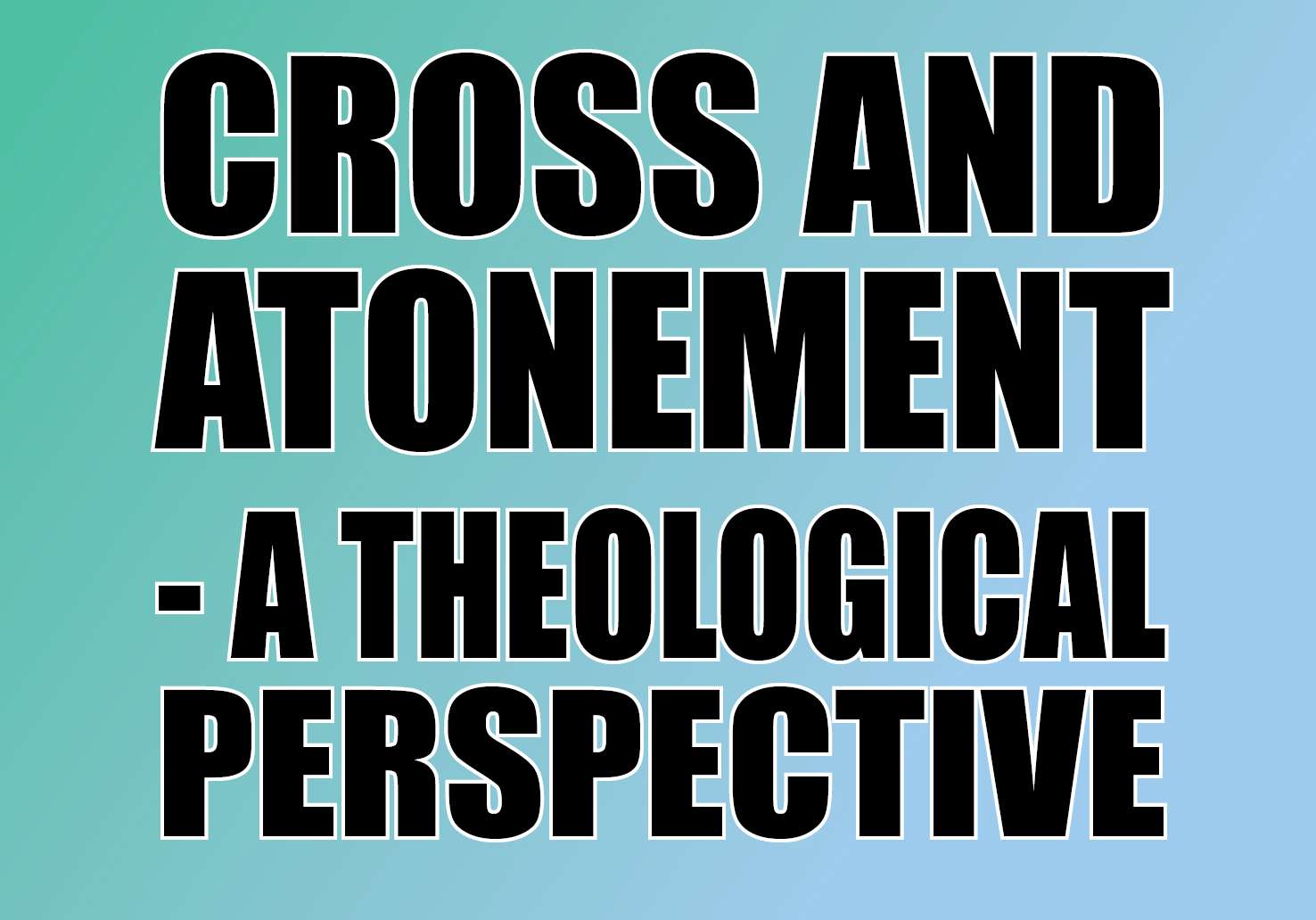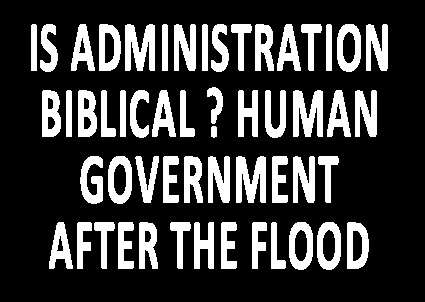

Is Administration Biblical? Human Government After the Flood
Dr. Domenic Marbaniang
The Bible clearly states that political authority is divinely ordained. Political authority is from God and political authorities are appointed by God.
“Let every soul be subject to the governing authorities. For there is no authority except from God, and the authorities that exist are appointed by God.” (Rom. 13:1)
In fact, God calls one of the secular political authorities as the anointed of God.
"Thus says the LORD to His anointed, to Cyrus, whose right hand I have held… (Isa. 45:1)
A political administrator is called as God's minister or servant.
“For he is God's minister to you for good… he is God's minister, an avenger to execute wrath on him who practices evil.” (Rom. 13:4)
Since the political authorities are divinely appointed, payment of just taxes is a biblical obligation.
“Because of this you also pay taxes, for they are God's ministers attending continually to this very thing.” (Rom. 13:6).
Christians are called to be subject to political authorities not just to avoid judgment, but also to maintain a good conscience; in other words, subjection to political authority is a moral obligation, not just a utilitarian precaution.
“Therefore you must be subject, not only because of wrath but also for conscience' sake.” (Rom 13:5)
Establishment of Human Government
The period before the Great Flood of Noah, also known as the Antediluvian period, was much more an era of anarchical self-governance where people did what they wanted, took what they wanted, and political chaos was the norm of the age (Gen.6:1-5). God had to destroy that world because of its thorough corruption.
After the Flood, we find the first reference to the tit-for-tat rule of governance in God’s Covenant with Noah and His establishment of human authority to execute justice on behalf of fellow humans.
"From the hand of every man's brother I will require the life of man. Whoever sheds man's blood, by man his blood shall be shed; for in the image of God He made man. (Gen 9:5,6)
At the Tower of Babel, God divided humanity into nations (according to the distinction of languages), giving rise to political divisions based on cultural differences (Gen.11). The goal of the division was that people would individually seek and find God (Acts 17:26,27). It also helped check the cancerous spread of corruption, which in the pre-Flood era could easily and quickly spread having no barrier to prevent the spread.
However, with regard to human government, God does not support just one form of government. Of course, He wasn’t happy that they desired a monarch (1Sam.8:7); but through the Davidic bloodline, He appointed the advent of the King of kings (2 Sam.7:16). Howbeit, with the exception of lawless (anarchical) and the supra-law (totalitarian and plutocratic) forms, any form of government that fulfills the obligation of justice is not condemned by the Bible.
Forms of Political Society As Seen in the Bible
Following are some forms of political society as seen in the Bible:
1. Anarchical: It is a form of anti-government or no-government. In Genesis 6:1,2, we find the first reference of what seems to be a very anarchical form of society in which “might” appears to be “right”. The stronger humans did whatever they wanted without restraint. This eventually led to moral corruption of the earth. Similarly, in Judges 17:6 and 21:25, we see reference to a somewhat anarchical state, and the Israelites did whatever seemed right in each one’s eyes. Anarchy is not advocated by the Bible. A state of lawlessness leads to moral corruption and love growing cold (Matt. 24:12).
2. Patriarchal: The head of a family or clan is vested with administrative authority. Examples are the households of patriarchs such as Abraham, Isaac, and Jacob.
3. Theocratic Judiciary: The Law is given by God and is interpreted and applied by judges to human situations. Special emphasis is laid upon the divine gifting (anointing by the Spirit) of individuals for the purpose of leadership and guidance of the people. In the book of Judges, we find this form of government at work (Jdg.2:16-18). The main role of the temple ministry was to educate the people in the Laws of God and to clarify questions regarding the application of law (Eze.44:23,24); but, the elders were executives of justice (Exo.18:21,22,25,26). This form of administration was temporarily sought after during the post-exilic period, when the Jews returned from the Babylonian captivity in the 5th century BC (Ezra 10:14).
4. Monarchy: A king serves as head of state (1Sam.10:19). There came a point in the history of Israel when kings could interfere with the temple, though not against the Mosaic Law. We find King Solomon acting as judge and executive, and deciding who could be priest and who could not (1Kgs.2:27). Also, it was the king who was given the task of building a temple to the Lord (1Kgs.8:17-19). Later, when the political power shifted from Jews to Gentiles, we see Cyrus appointed by God as an instrument for the rebuilding of the temple at Jerusalem (Isa.44:28; Ezra 1:1,2).
In the New Testament, we find that Jesus made a distinction between what pertained to the secular rulership and what pertained to the work of the Kingdom when He told the Jews to give to Caesar what belonged to Caesar and to give to God what belonged to God (Matt.22:21). Yet, that doesn’t mean that secular government cannot interfere in matters where religious activities threaten peace in the nation.
5. Plutocracy: In this type of government, the rich and wealthy rule. Proverbs 22:7 tells us that the rich rule over the poor and the borrower is servant to the lender. The Bible decries amassing of wealth through exploitation of the poor. Jesus explained that the rich had a woe upon them for having already received their consolation on the earth (Luke 6:24). Similarly, James reminds the rich to not forget that a Day of Judgment draws near; and God will execute justice for all the oppression they have heaved on the poor of the earth (James 5:1-6). The Bible says, "The king who judges the poor with truth, his throne will be established forever" (Prov. 29:14).
6. Totalitarian: A dictator takes total and centralized control of the state. Daniel 8:23-25 prophesies a coming world dictator. Even in a very totalitarian state of things, God assures us that it is He who is in control of all things, it is He who appoints and removes leaders (Dan.4:17). Also, in cases where a ruler would assume status of supra-law and try to exalt himself above heaven, Biblical narrative records explicit divine judgment (Dan.5:20,21,26; Acts 12:23).
7. Democracy: This is government by the people, either directly or through elected representatives. While, the Roman government was not democratic, some form of democratic resolution was sought in Matthew 27:21 when Pilate asked the people to choose between Jesus and Barabbas for release during their feast.
Nature of Political Authority in Human Government
At least eight characteristics of political authority can be observed in the Bible:
1. Political authority is temporal. It began after the Noahic Flood (Gen.9:6) and will come to an end through Christ at the end of this age (1Cor.15:24)
2. Political authority Involves rule by fear (Rom.13:3,4). Laws govern external acts and government attempts to restrain public crime by imposing restrictions and providing directions. Law enforcement involves employment of police, use of arms, reward and punishment. Court-systems ensure that justice according to law is given to all citizens. Some Jews believe that the establishment of law-courts was one of the seven laws given by God to Noah after the Flood.
3. Political authority is God-given and God-appointed (Dan.4:17,25; 5:21; Rom.13:1)
4. Political authority represents God's authority (Rom.13:2). This doesn’t mean that everyone in authority does right; it means that authority is given by God, but there are those who either use it properly or abuse it. The Book of Revelation talks of satanic authority delegated to the Antichrist (Rev.13); refusal to obey the Antichrist and refusal to accept the number of the Beast means to obey God (Rev.15:2). Thus, in cases where secular authority is in open rebellion against God, civil disobedience is expected by God to be on the side of the Kingdom of Heaven.
5. Political authority appeals to the moral conscience (Rom.13:5). It must not be confused with religion.
6. Political authority is secular – that is, separate from religion. Jesus made a difference between what belonged to Caesar and what belonged to God (Matt.22:21; 1Cor.5:12,13; Rom.13:6,7).
7. Political authority has God-given power to execute temporal justice (Rom.13:4; Prov.16:14,15). By temporal justice is meant justice that extends only to life on earth.
8. Political authority is not sovereign in itself, but accountable to and limited by God (John 19:10,11; Acts 12:21,22,23).
It is important for us to understand that political authority is essentially secular and has no divine power to enforce religion on any of its citizens. The Reformers of the 16th century considered the alliance between politics and religion as an unholy matrimony.
In 1523, Luther published his “On Temporal Authority” in which he argued for the division of the church and the state. To Luther, the weltliches Regiment (‘the kingdom of the world,’ ‘the State’) was distinct from the geistliches Regiment (‘the kingdom of God,’ ‘the church’). The state was connected with God’s continual work of creation and the church with God’s continual work of redemption. God, Luther stated, is the head of both the kingdoms.
Paul instructed Christians of the Roman Empire to submit to the political authority as an authority ordained by God (Rom.13:1-7). Certainly, the Ordainer was greater than the ordained and so obedience to Him was primary (Acts 4:19). The implication is that political authority (delegated to either Christian or any other) is divine though unecclesiastical. This certainly establishes God’s direct relationship with politics, though separate from religion or the church.
This also means that the idea of a Christian nation (in the sense of a religio-political state) is not encouraged in the Bible. As already pointed out, Jesus made a distinction between what belonged to Caesar and what belonged to God (Matt.22:21). He also spoke of His Kingdom as "not of this world" (Jn. 18:36). The New Testament clearly marks off the Kingdom of God and the kingdom of man as two separate realms. Of course, even in the kingdom of man, political authority ultimately comes from God (Rom.13:1,2). But, that doesn't certainly make politics "Christian". For instance, Nebuchadnezzar's authority came from God (Dan.2:37), but that didn't make his kingdom a Christian kingdom or his way of doing politics "Christian". Similarly, Cyrus was called the "anointed" of God (Isa.45:1), but that didn't make the Medo-Persian empire Christian.
It is always a threat to both politics and religion to fuse them: not only do the people suffer, but they lose their freedom of religion as well. It doesn't matter which religion it may be, loss of liberty is certain, and when liberty is lost, politics loses a fundamental pillar; for we understand that liberty, justice, equality, and fraternity are important pillars of a political state.
A Christian can be a faithful believer and a faithful citizen at the same time. He doesn’t need to compromise his faith in order to be a faithful citizen. For instance, it was possible for Daniel to offer a biblical perspective of history and politics to Nebuchadnezzar while serving as a servant in the Babylonian kingdom (Dan.2:37,39). His theology of politics didn't prevent him from involvement in politics. When a law made by the king conflicted with his theology, he abided true to faith (Dan.6:7,10). In no way did he try to impose religion upon the state. He knew the Kingdom of God would come, but it was not going to come by any human hands (Dan.2:34,45). To Daniel, a proper biblical theology of politics and theology of history strongly conformed to the doctrine of the sovereignty of God in both politics and history.
“The Most High rules in the kingdom of men, gives it to whomever He will, and sets over it the lowest of men.” (Dan.4:17).

